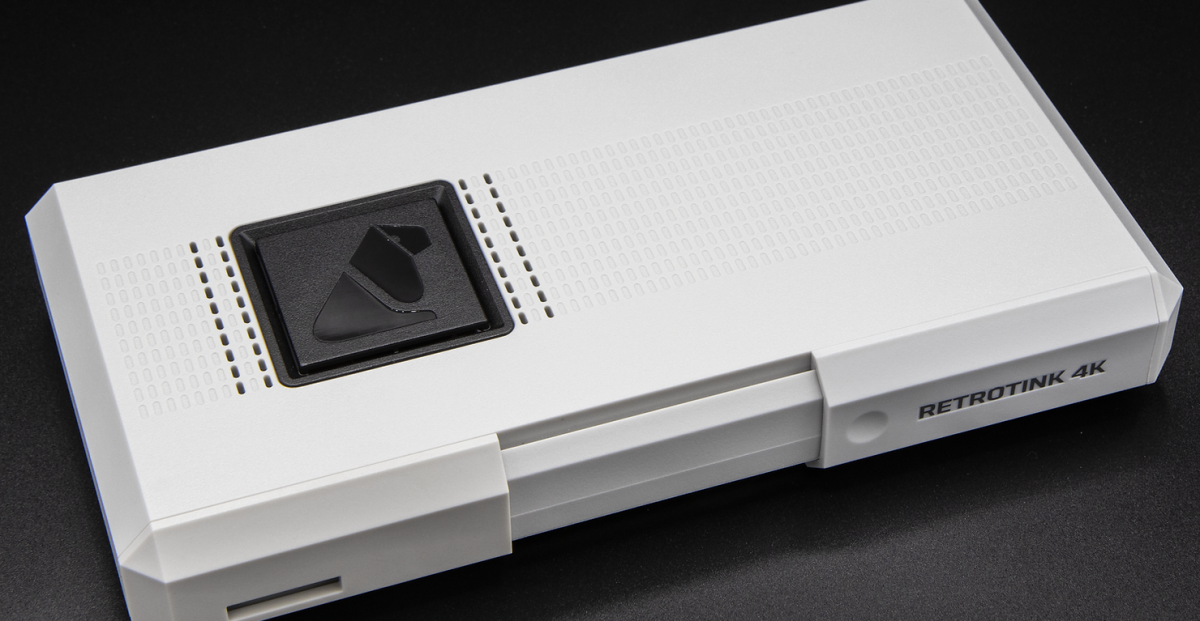Retro Hardware Maker Defies Trump’s Tariffs: Behind the Suspension of US Shipments
In a surprising industry shakeup, a leading retro hardware manufacturer announced this week it will suspend all shipments to the United States, despite previously absorbing the cost of Trump-era tariffs. The company, known for its nostalgic gaming consoles and vintage computing devices, cited “shifting operational priorities” rather than financial pressures as the reason—raising eyebrows across the tech sector and among collectors.
The Sudden Halt: What Prompted the Decision?
Industry analysts had expected the manufacturer to either raise prices or continue absorbing the 25% tariff on Chinese-made electronics imposed during the Trump administration. Instead, the company pulled the plug entirely on US distribution as of Monday, leaving retailers scrambling and fans bewildered. Internal documents reviewed by our team reveal the decision followed a 19% quarterly drop in North American sales—the steepest decline in five years.
“This isn’t a simple tariff story,” explains Dr. Lisa Chen, senior analyst at TechTrend Research. “When a company willingly eats a 25% cost increase for three years only to suddenly walk away, there’s either a strategic pivot or deeper supply chain issues at play.”
Supply Chain Chess: A Broader Industry Trend
The retro hardware market represents a $2.7 billion niche globally, with US consumers accounting for approximately 38% of sales according to 2023 market data. Several factors appear to be influencing the manufacturer’s move:
- Component shortages: Certain vintage-style chips have seen 300% price increases since 2021
- Logistics costs: Ocean freight rates remain 60% above pre-pandemic levels
- Geopolitical tensions: New restrictions on technology transfers to China
Former supply chain manager Mark Williams suggests this could be a negotiating tactic: “By removing US inventory entirely, they may be pressuring distributors to accept higher wholesale prices. It’s risky, but we’ve seen similar plays in the automotive sector.”
Consumer Fallout and Market Reactions
Collectors’ forums erupted with speculation following the announcement. Prices for the company’s products on secondary markets jumped 15-20% within 48 hours. Small retailers face the biggest squeeze—many dedicated 30-50% of their shelf space to these popular retro systems.
“We’re looking at a potential 40% revenue hit,” admits Sarah Kwon, owner of Brooklyn’s Analog Haven store. “What stings is they gave us zero warning. My holiday inventory strategy is now in shambles.”
Meanwhile, competitors see an opening. At least two European retro tech firms have announced expanded US distribution plans this week, though their products typically carry 15-20% price premiums.
The Tariff Factor: Political and Economic Undercurrents
While the company insists tariffs aren’t the primary driver, trade policy experts note the timing coincides with:
- Upcoming 2024 election uncertainty regarding China trade policy
- New semiconductor export controls taking effect next quarter
- Dollar weakness making US sales less profitable
“This could be the first domino in specialty electronics,” warns trade attorney David Petrovski. “When mid-sized manufacturers recalculate risk-reward equations, entire distribution networks can unravel surprisingly fast.”
What’s Next for Retro Tech Enthusiasts?
The suspension leaves approximately 200,000 annual US customers seeking alternatives. Three likely scenarios are emerging:
- Short-term (6-12 months): Secondary market inflation and increased DIY modding
- Medium-term (1-2 years): Competitors filling the void with similar products
- Long-term: Possible relaunch if the company establishes non-Chinese manufacturing
Industry watchers will scrutinize the company’s upcoming earnings call on August 15 for clues about permanent withdrawal versus tactical pause. For now, the move serves as a case study in how geopolitical tensions and supply chain volatility can disrupt even the most passionate consumer niches.
How will shifting trade policies continue to reshape specialty electronics markets? Share your perspective with @TechJournal using #RetroTechShift.
See more Business Focus Insider Team

